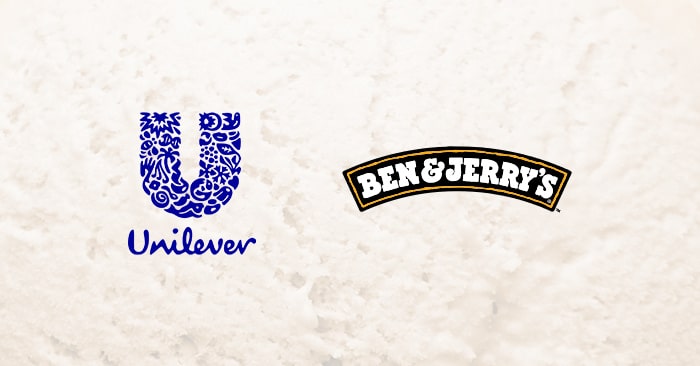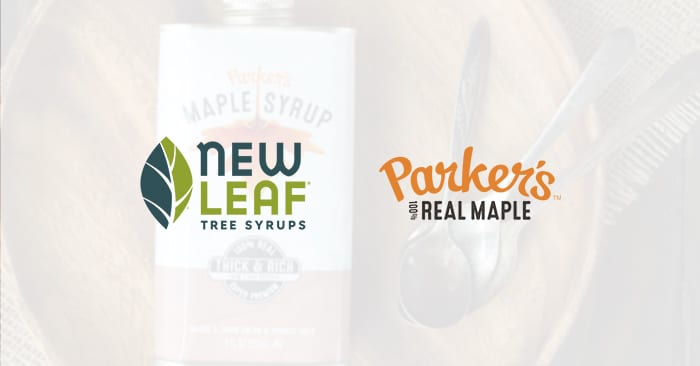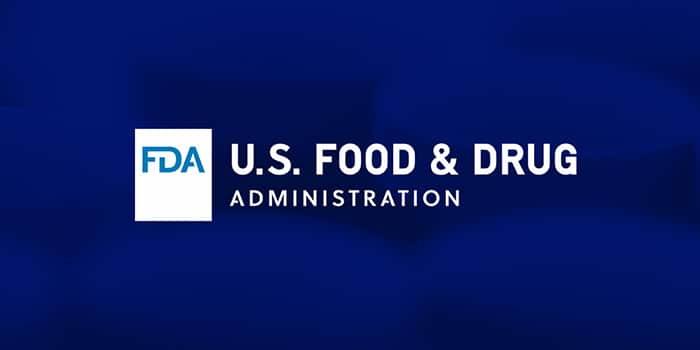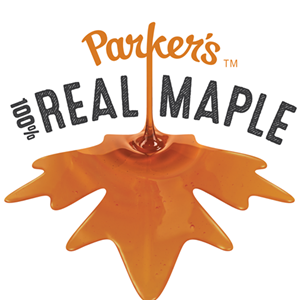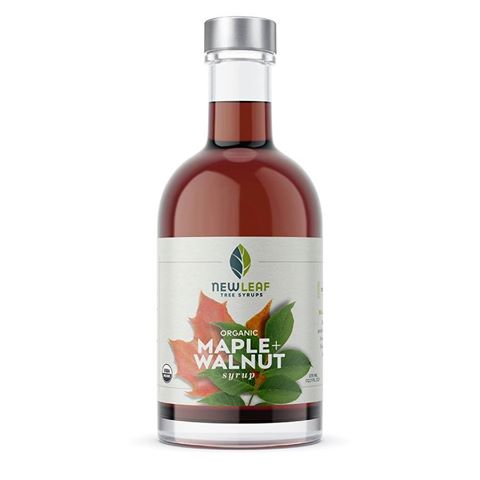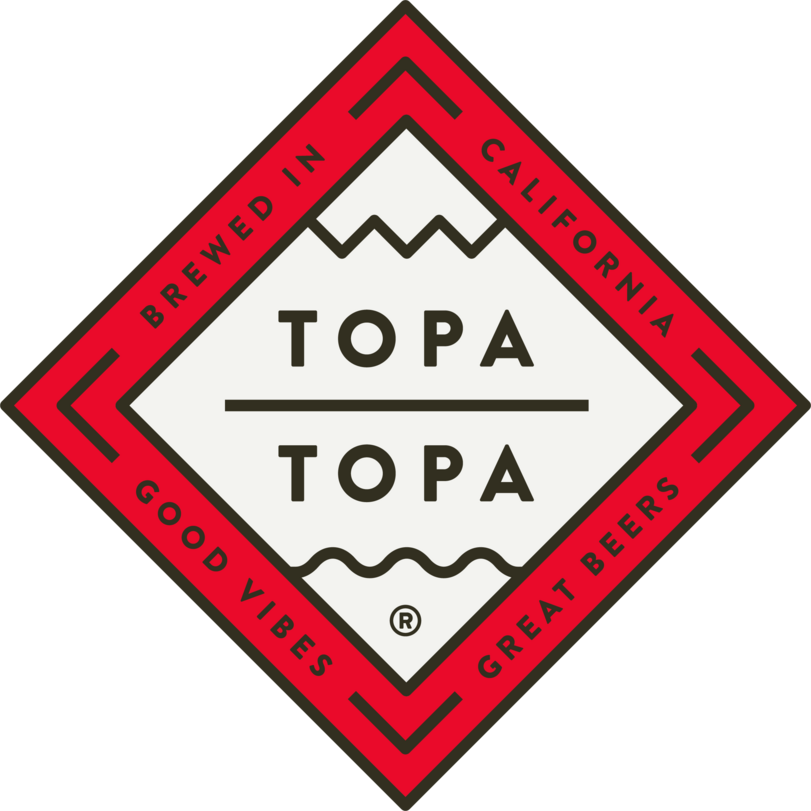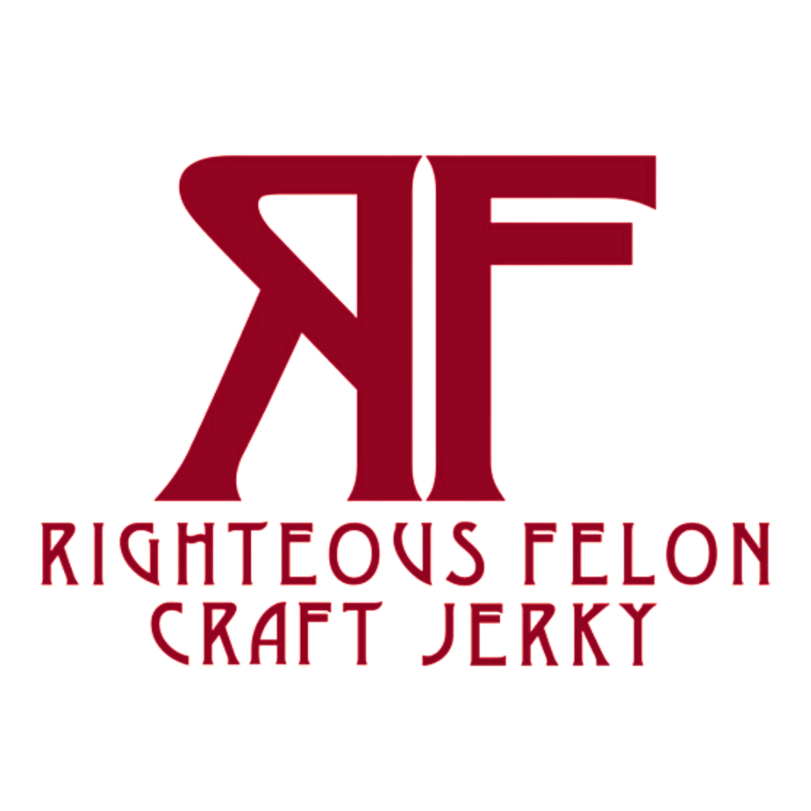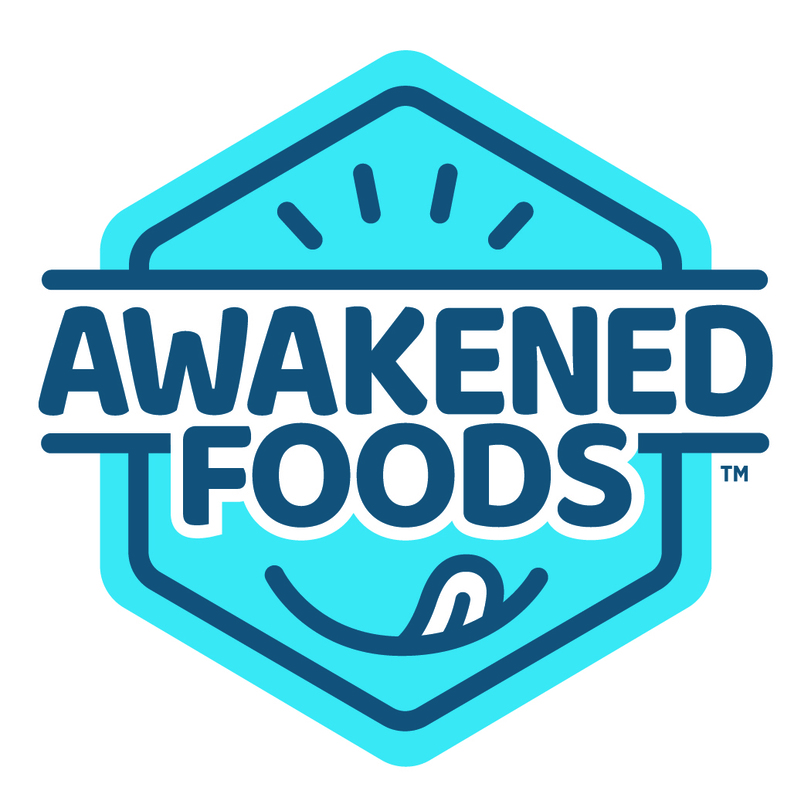The Checkout: Unilever Stops Facebook and Twitter Ads, McCormick Q2 Sales
Welcome to The Checkout: an express lane for weekly news you need to know, always 10 items or less.
Unilever Stops Facebook and Twitter Advertising
CPG giant Unilever, which owns food and beverage brands including Ben & Jerry’s, Sir Kensington’s and Lipton Tea, announced today it will stop advertising on Facebook, Instagram and Twitter for the rest of 2020 as the social media platforms face backlash for allowing hate speech.
“Continuing to advertise on these platforms at this time would not add value to people and society,” the company told the Wall Street Journal.
The move comes after civil rights groups, including the Anti-Defamation League (ADL) and NAACP, launched the #StopHateforProfit campaign earlier this month, encouraging brands to pull their July ad spending from Facebook’s platforms. While Twitter wasn’t called out in the campaign, it has seen similar criticism in recent months.
Unilever’s ice cream brand Ben & Jerry’s had already announced on Tuesday its own plans to suspend Facebook and Instagram ads in July. The brand, known for being outspoken on social issues, encouraged Facebook to “take stronger action to stop its platforms from being used to divide our nation, suppress voters, foment and fan the flames of racism and violence, and undermine our democracy.”
In response to the criticism, Facebook noted steps it’s taken to combat hate speech, including working with advertising industry association the Global Alliance for Responsible Media, which counts Unilever as a founding member. Facebook told the WSJ that it employs artificial intelligence tools that help it uncover 90% of hate speech from 250 white supremacist organizations.
“We acknowledge the efforts of our partners, but there is much more to be done, especially during this polarized election period in the U.S.,” Unilever told WSJ, noting it spent $42.3 million on Facebook ads in the U.S. in 2019.
Parker’s Real Maple Acquired
The Forest Farmers, which owns CPG brand New Leaf Tea Syrups, has acquired maple brand Parker’s Real Maple. Terms of the deal were not disclosed.
Michael Farrell, Ph.D. launched The Forest Farmers (TFF) in 2016 after 13 years working as director of maple research at Cornell University. The Massachusetts-based company produces syrup from various tree species, such as birch and beech trees, found in the 10,000 acres of land it owns in Vermont and New York. The products are sold in retail under flagship brand New Leaf and as an ingredient to CPG companies including major national maple water brands.
Parker’s Real Maple, which was established by Joshua Parker in 2013 at the age of 15, produces more traditional syrups alongside more innovative offerings such as maple cotton candy. The brand gained notoriety, and distribution, when it appeared on ABC’s Shark Tank in 2016.
Farrell has served as a mentor for Parker, helping the brand’s single-origin, organic maple syrup expand nationally. With the acquisition, TFF hopes to grow New Leaf’s national presence, and Parker will lead sales and marketing for both brands. Currently TFF has limited distribution with Wegman’s and Whole Foods, while Parker’s, with over 3,000 points of distribution, will represent the company’s largest brand.
“TFF is a rapidly growing, well funded company that will be a great fit — fulfilling the mission I set out with when I started Parker’s Real Maple out of my dad’s barn,” Parker said.
McCormick: Rising Sales with Home Cooking
In its second quarter earnings call yesterday, spice company McCormick & Company said its quarterly sales rose 8% year-over-year to $1.4 billion as shoppers cooked more at home.
According to the company’s IRI data, its portfolio, which includes Stubb’s, Thai Kitchen and French’s, grew 55% during the second quarter. Chairman, president and CEO Lawrence Kurzius expects that growth to continue: for the week ending June 13, McCormick’s sales grew 32%, and the company had an 11% increase in repeat buyer rate and a 16% increase in household penetration in Q2, fueled by its eponymous line of single-serve dry rub packets and marinades. Retail sales in the Americas were up 36% year-over-year.
“There’s a high level of usage,” Kurzius said during the call. “We don’t see any evidence at all that consumers have built inventory in their pantries. It’s just not a stock up category. We’re a usage category.”
But the quarter presented challenges: as demand surged, many retailers prioritized stocking staple goods, and the company reduced SKUs to increase efficiency. Kurzius said that some eliminated products may not return, as retailers are likely to carry less items moving forward.
Along with added manufacturing costs, McCormick’s foodservice business was largely offline during the quarter, which McCormick’s EVP and CFO Michael Smith described as “the tale of two segments.”
“From a consumer perspective, obviously, with this huge volume increase, we’ve got a lot of great fixed leverage,” Smith said. “On the other side, flavor solutions, we did not. For the company, it was really not that positive overall.”
FDA Issues Export Update
In an update Wednesday, the Food and Drug Administration (FDA) said that despite other countries restricting global exports, the U.S. food supply is safe, and the virus cannot be transmitted through food or ingredients.
“There is no evidence that people can contract COVID-19 from food or from food packaging,” said FDA Commissioner Stephen M. Hahn. “The U.S. food safety system, overseen by our agencies, is the global leader in ensuring the safety of our food products, including products for export.”
China on Sunday temporarily halted exports from meat producer Tyson’s Springdale, Arkansas-based plant after the company reported 227 COVID-19 cases at the facility. China noted it would begin requiring food processors from abroad to provide proof of “mitigation efforts” to prevent COVID-19 in production facilities. China is seeking to amp up food safety actions after 127 new COVID-19 cases emerged from a Beijing-based food market and led the city to reenact lockdown measures.
The FDA noted that the Centers for Disease Control and Prevention (CDC) and the Occupational Safety and Health Administration (OSHA) have issued specific safety guidance to protect production facility workers during the pandemic. The update comes as the FDA aims to prevent upcoming supply chain disruptions: most recently, the agency loosened labeling restrictions for ingredient swaps for the remainder of the pandemic.
